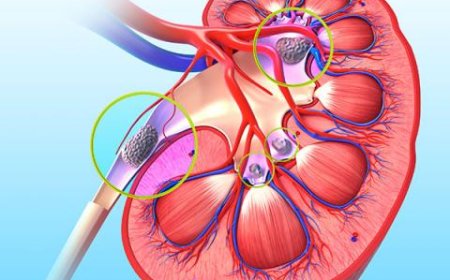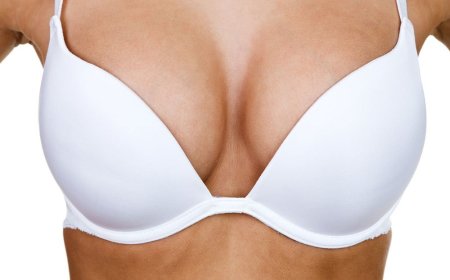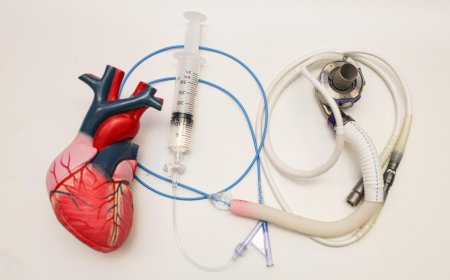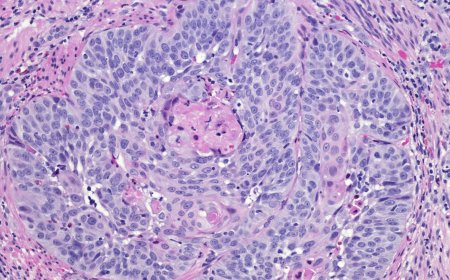Start Strong:Tips for Creating Lasting Dental Health Habits
Simple tips to improve brushing, flossing, diet, and dental check-ups for stronger teeth and better oral health every day.

Good dental habits are the foundation of a healthy smile and overall well-being. Yet for many of us, oral care becomes a rushed afterthought in the hustle of daily life. But what if building lasting dental health habits didnt have to be complicated? A few mindful changes to your daily routine can make a big difference over time.
This blog explores simple and effective ways to maintain excellent oral hygiene, backed by expert insights from dental professionals. Whether youre just starting your dental care journey or looking to reinforce good practices, these tips will help you protect your teeth for the long run.
Morning Routine: Start the Day Right
How you begin your morning sets the tone for the rest of your day, and your dental care should be no exception.
Start by brushing your teeth before breakfast. Overnight, bacteria accumulate in your mouth, and brushing first thing helps remove plaque and freshen your breath. Use a soft-bristled toothbrush and fluoride toothpaste for best results. Spend at least two minutes brushing and ensure you reach all surfaces of your teeth.
Dont forget your tongueit can harbour bacteria that lead to bad breath. A quick brush or a tongue scraper can make a noticeable difference. Follow it up with a glass of water to rehydrate and wash away any remaining debris.
These small actions, first thing in the mornin,g go a long way in maintaining dental health.
Stay Consistent: Flossing and Rinsing Matter
While brushing is essential, its not enough on its own. Daily flossing removes plaque and food particles from between your teeth where a toothbrush cant reach. Neglecting these areas can lead to gum disease and tooth decay over time.
If traditional flossing feels awkward, consider using interdental brushes or floss picks. Adental hygienist Wimbledoncan show you the best technique and tools based on your individual needs.
Mouthwash is another useful step, especially if youre prone to gum issues or have braces. Look for an alcohol-free formula that contains fluoride to help strengthen enamel and fight bacteria.
Make flossing and rinsing a fixed part of your daily routine, just like brushing your hair or washing your face. Consistency is what transforms a habit into a lifestyle.
Snack Smart: Protect Your Teeth Between Meals
We often think of meals when we consider nutrition, but what you eatand how oftenbetween meals also impacts your oral health. Frequent snacking, especially on sugary or starchy foods, creates a constant supply of fuel for bacteria that produce acid and erode enamel.
Instead of reaching for biscuits, sweets, or crisps, opt for teeth-friendly snacks like:
- Crunchy vegetables (carrots, celery)
- Hard cheeses
- Unsalted nuts
- Apples
These not only satisfy hunger but can also help scrub your teeth and stimulate saliva, which protects against decay.
Beware of sugary drinkseven fruit juices and flavoured waters can be acidic and harmful over time. Water is always the best option.
Interestingly, many visits to an emergency dentist are linked to problems that stem from diet-related neglect. Prevention truly starts at home, and making smarter food choices can save you from pain and costly treatments down the line.
Routine Check-ups: Dont Wait Until It Hurts
Its easy to put off a dental appointment when everything seems fine. But waiting for a problem to appear before seeing a professional can lead to more serious and expensive issues.
Regular dental check-ups allow your dental hygienistto catch early signs of cavities, gum disease, or oral health changes. These visits typically include scaling and polishing, which remove stubborn plaque and tartar that brushing cant handle.
Seeing your hygienist at least every six months also gives you a chance to refresh your knowledge and update your care techniques. Its an investment in your long-term oral health and helps you stay ahead of potential problems.
Know When Its an Emergency
Even with the best habits, unexpected dental issues can still happen. Thats when having access to anemergency dentist Wimbledonis crucial.
Common reasons for emergency visits include:
- Severe toothache
- Dental abscess
- Knocked-out or broken tooth
- Swelling in the face or gums
- Bleeding that doesnt stop
The most important step in a dental emergency is to stay calm and contact your dentist immediately. Delaying treatment can worsen the issue and increase the risk of permanent damage.
While emergencies are sometimes unavoidable, many are the result of long-term neglect, like not treating a small cavity or ignoring signs of gum inflammation. Establishing strong daily habits can significantly reduce your chances of facing such urgent problems.
Dental Health for Kids and Teens: Start Early
Good habits should begin as early as possible. Children who grow up with positive dental routines are more likely to carry them into adulthood.
Make brushing fun for kids by using music, colourful toothbrushes, or reward charts. Supervise until they can brush effectively on their ownusually around age 7.
Encourage healthy snacks and limit sugary treats. Fluoride toothpaste and regular check-ups are key, especially during their developmental years.
Teenagers face their own challenges, such as wearing braces, increased snacking, and poor brushing discipline. Reinforce the importance of dental care and let your dental hygienist support them with personalised advice and encouragement.
Building good habits early reduces the risk of decay and helps teens avoid the need for emergency dental visits down the road.
Bonus Tips for a Healthier Smile
Here are a few more ways to boost your dental wellness:
- Drink plenty of water throughout the day to maintain healthy saliva levels.
- Chew sugar-free gum after meals to help clean your teeth and freshen your breath.
- Dont ignore bad breathit might be a sign of gum disease or other health issues.
- Avoid using your teeth as tools, such as opening bottles or packets. It can lead to cracks or chips.
These extra steps are simple yet effective in supporting your oral care routine.
Conclusion: Build Habits That Last a Lifetime
Strong dental habits dont require major changesthey just need consistency and a bit of awareness. By brushing, flossing, eating well, and visiting your dental hygienist regularly, you can prevent most oral health issues before they even start.
If something doesnt feel right, dont delayearly action is always better than emergency treatment. The team at The Dental Lounges Wimbledon is here to support you, whether you need routine care or the help of an emergency dentist.
Remember, starting strong today means a healthier, happier smile tomorrow.





































